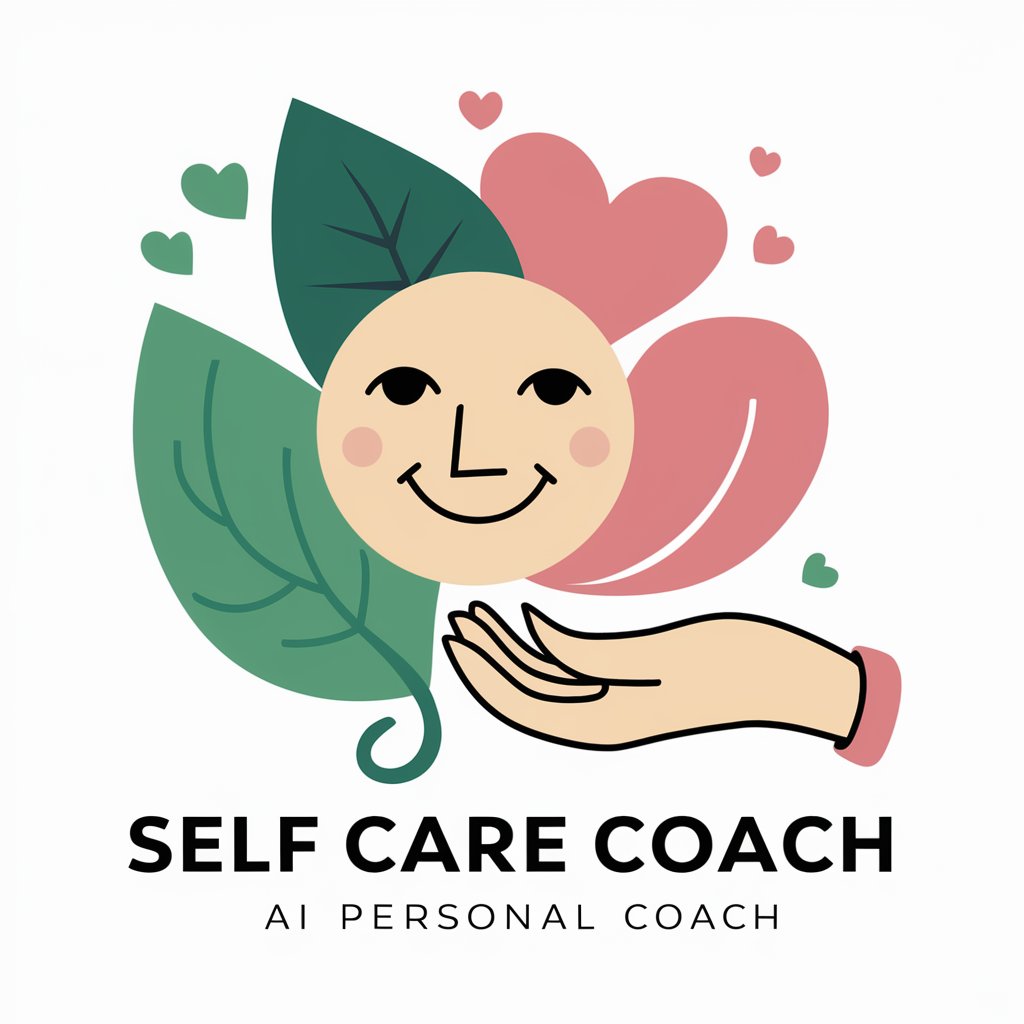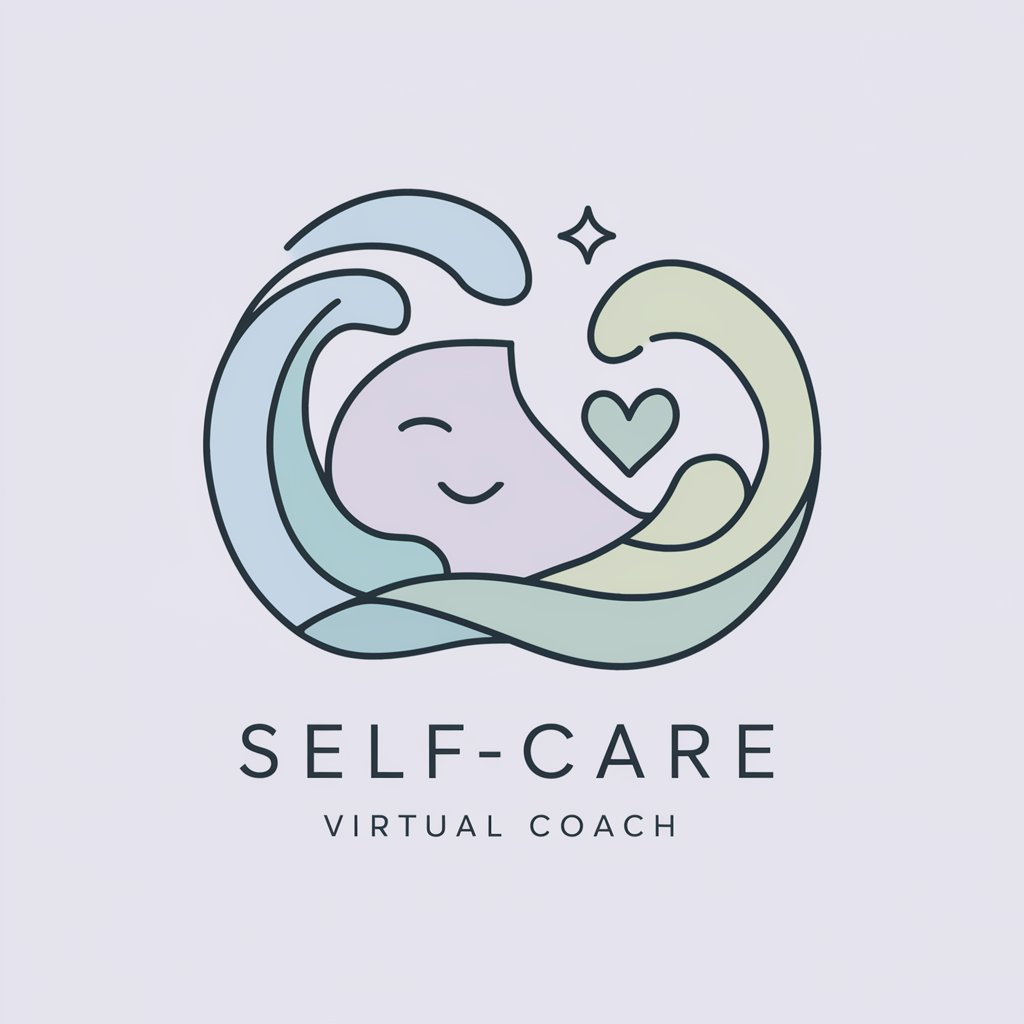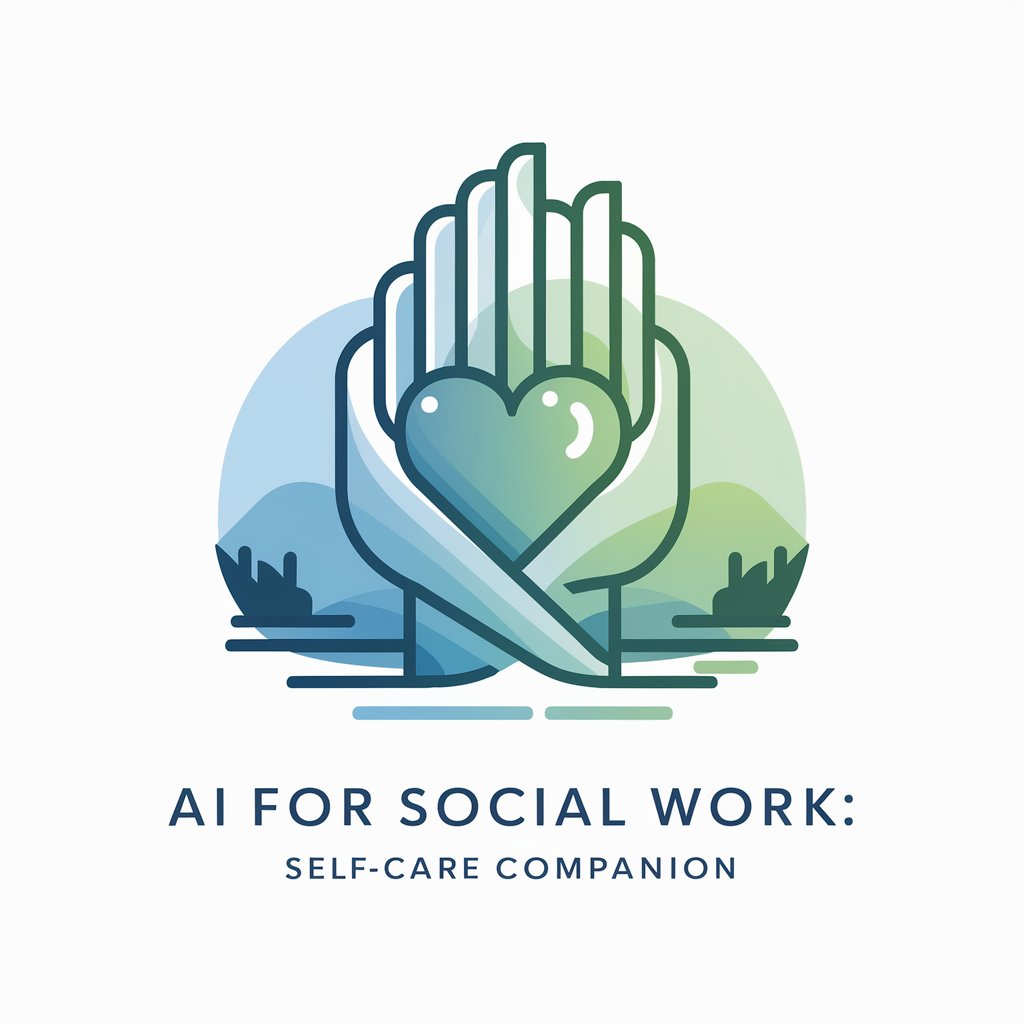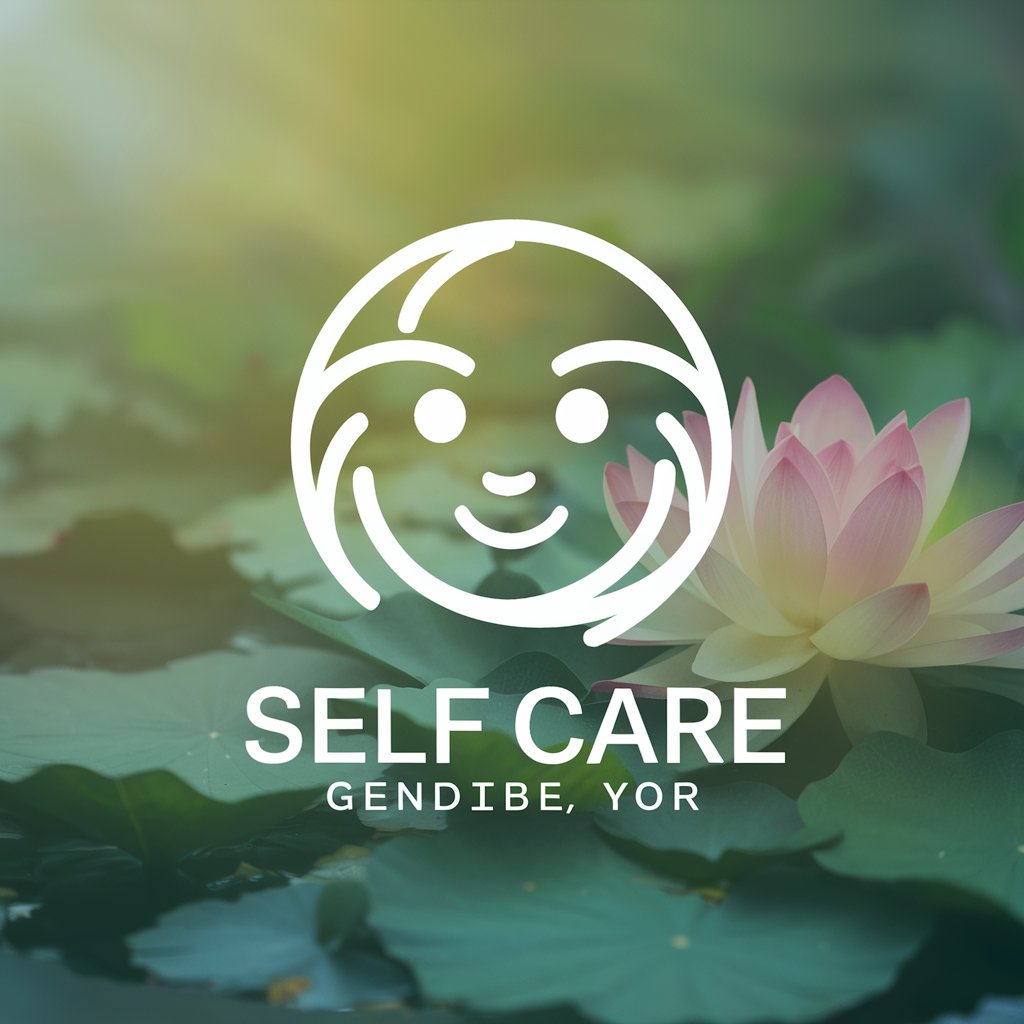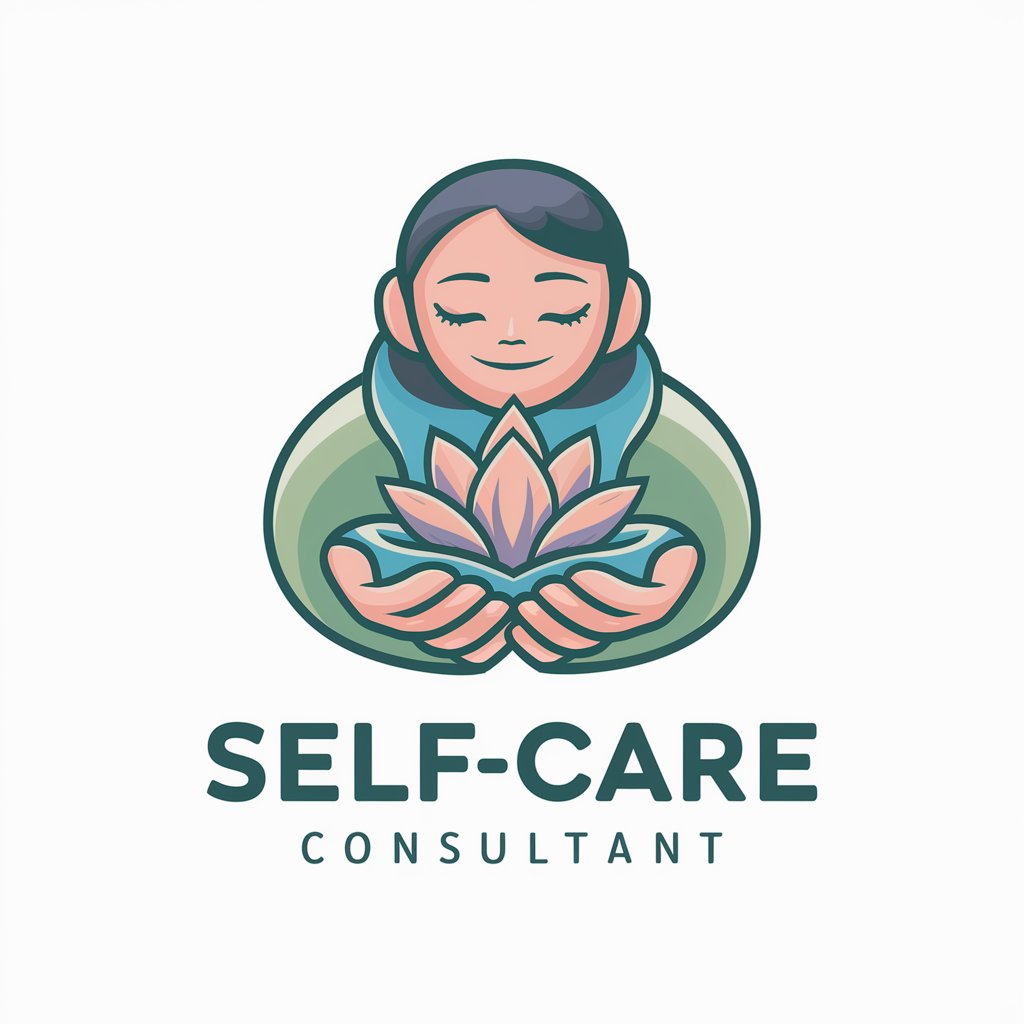
Self-Care - Self-Care Guidance AI
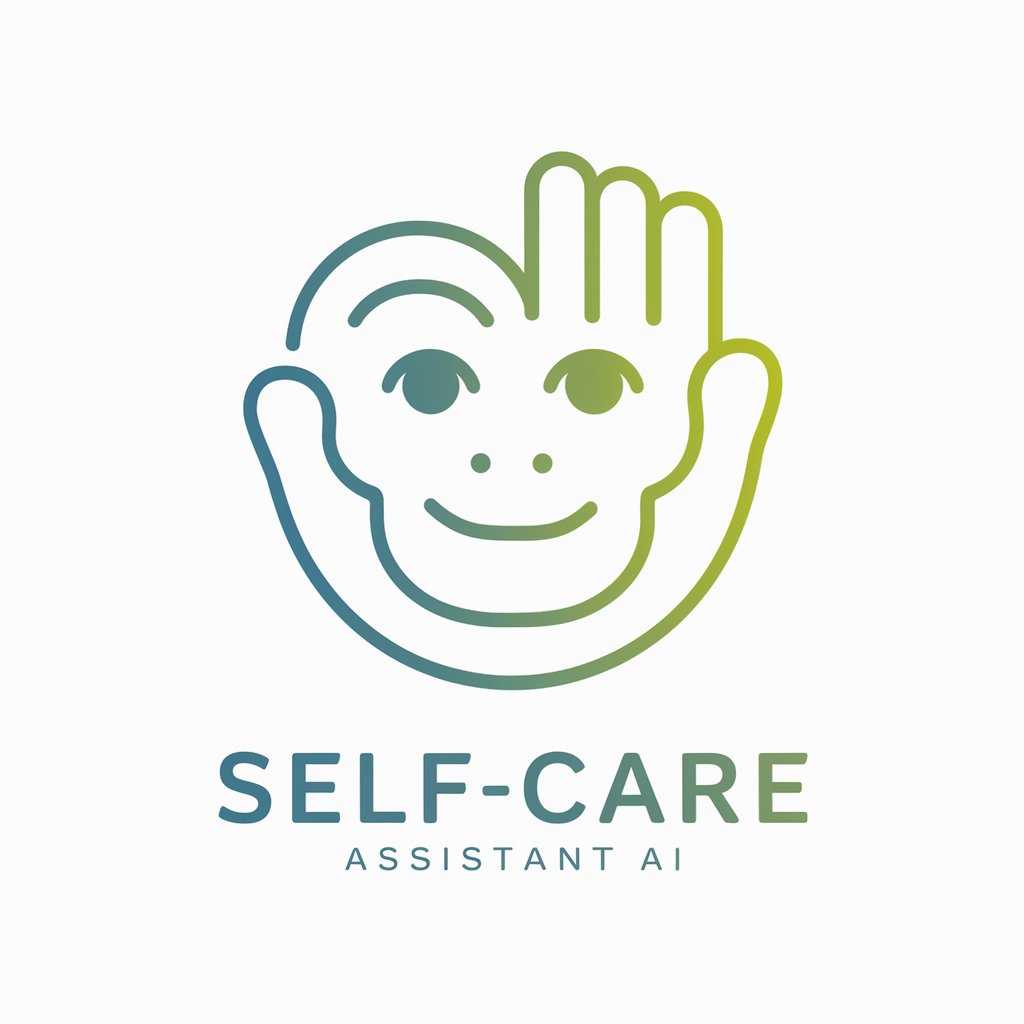
Hello! How can I assist you with your self-care needs today?
Empower your wellness with AI
I'm experiencing some discomfort in my back. What can I do to alleviate it?
What are some effective self-care techniques for managing headaches?
Can you recommend over-the-counter products for muscle soreness?
How can I improve my posture to prevent neck pain?
Get Embed Code
Overview of Self-Care
Self-Care is a specialized GPT designed to assist users in identifying everyday aches and pains, providing guidance on self-care techniques, and suggesting over-the-counter products that may alleviate discomfort. It focuses on offering practical advice for common physical complaints, leveraging a broad knowledge base on non-prescription solutions and general wellness tips. Self-Care emphasizes the importance of consulting healthcare professionals for serious or persistent issues and steers clear of giving specific medical diagnoses or prescribing treatments. For instance, if a user complains of mild headache symptoms, Self-Care might suggest hydration, appropriate rest, and possibly over-the-counter pain relievers like acetaminophen or ibuprofen, reminding the user of the benefits and precautions associated with these remedies. Powered by ChatGPT-4o。

Core Functions of Self-Care
Symptom Analysis
Example
When a user presents symptoms such as joint stiffness and soreness, Self-Care can suggest several non-prescription interventions such as applying heat or cold packs, performing gentle stretching exercises, and ensuring adequate hydration and nutrition.
Scenario
A user experiencing stiffness after starting a new exercise routine receives personalized suggestions to alleviate their discomfort without needing a doctor’s visit.
Self-Care Techniques
Example
For complaints of stress and tension, Self-Care advises practices like mindfulness meditation, regular physical activity, and potentially engaging in hobbies that relax the mind and body. It may also recommend creating a calming bedtime routine to help improve sleep quality.
Scenario
A user feeling overwhelmed by work stress learns various relaxation techniques and lifestyle adjustments that help manage their stress levels effectively.
Product Recommendations
Example
Based on symptoms of mild to moderate allergic reactions, such as runny nose or itchy eyes, Self-Care might suggest over-the-counter antihistamines and provide advice on their safe usage and potential side effects.
Scenario
A user unsure about how to treat seasonal allergies gets guidance on which antihistamines might be most effective, including considerations for interactions with other medications.
Target User Groups for Self-Care
General Adult Population
Adults experiencing common, non-emergency symptoms such as headaches, muscle soreness, or minor allergies, who seek quick and easy-to-follow advice that helps manage these issues at home without immediate medical intervention.
Busy Professionals
Individuals with demanding schedules who need efficient solutions to mild physical or stress-related symptoms, enabling them to continue their daily activities with minimal disruption.
Health Enthusiasts
People interested in maintaining overall well-being who value preventive care measures and are looking for guidance on enhancing their lifestyle through balanced diets, regular exercise, and effective stress management techniques.

How to Use Self-Care
Start Free Trial
Visit yeschat.ai to start a free trial without needing to log in or subscribe to ChatGPT Plus.
Identify Your Needs
Determine the specific self-care issue you want to address, whether it's muscle soreness, headache relief, or stress management.
Interact with Self-Care
Engage with Self-Care by describing your symptoms and concerns. Be as detailed as possible to receive the most tailored advice.
Follow Suggestions
Implement the self-care techniques or product recommendations provided. Remember, these are general suggestions and not substitutes for professional medical advice.
Evaluate and Adjust
Monitor your progress and adjust your self-care practices as needed. Consult a healthcare professional if your condition persists or worsens.
Try other advanced and practical GPTs
Care companion
Empowering Elderly Care with AI
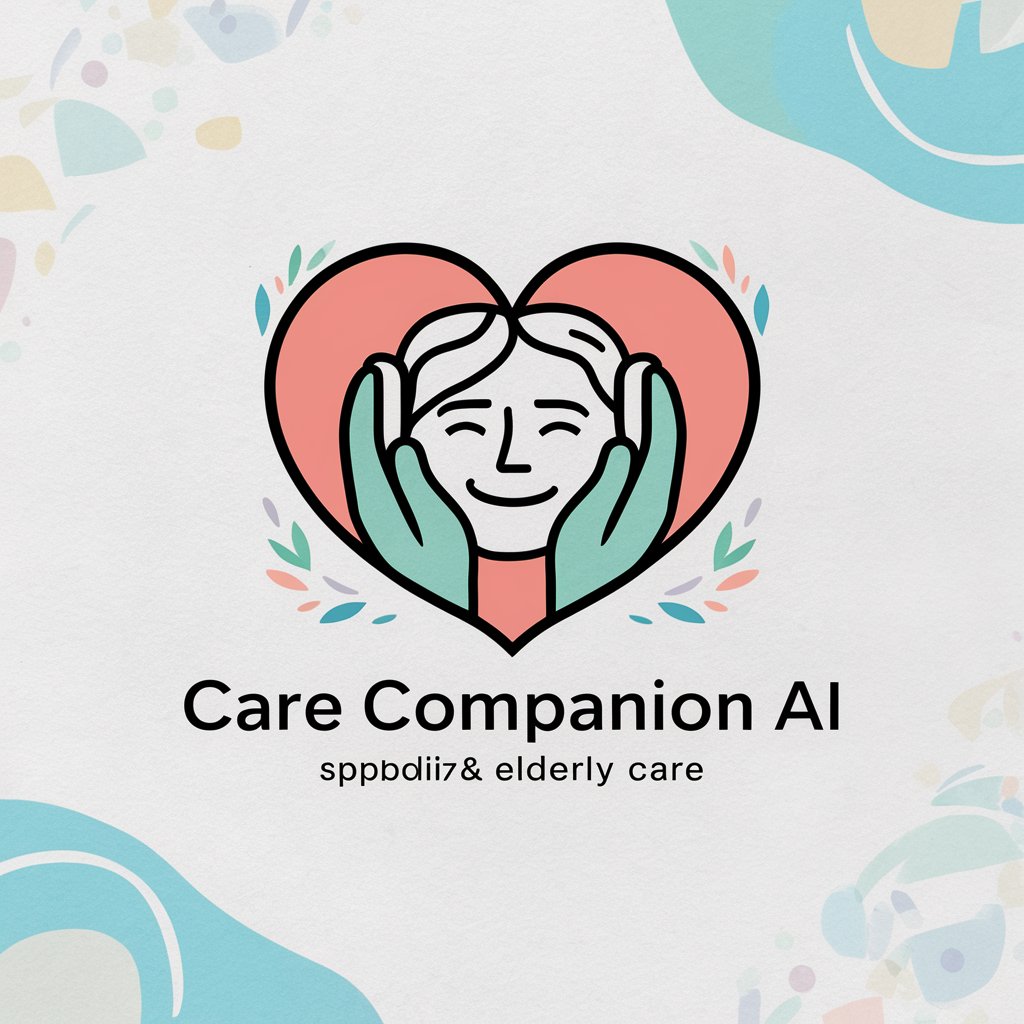
Care-Lexia Writing Assistant
Empowering Dyslexic Writers with AI
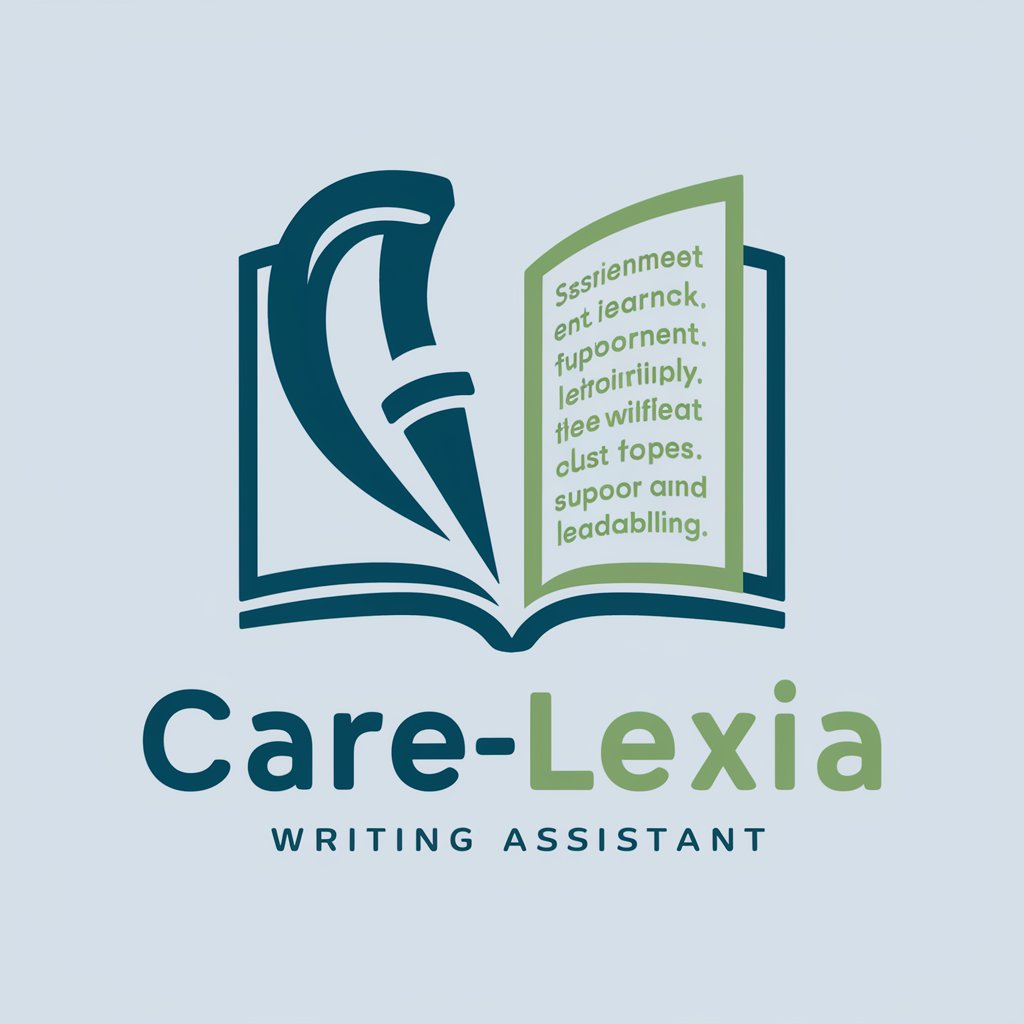
Business Writing Assistant
Elevate Your Writing with AI-Powered Precision

Prompt Writing Assistant
Craft Precise Queries with AI Assistance

'Peter and Wendy or Peter Pan' by J. M. Barrie
Dive into Neverland with AI-powered Peter Pan

Heart Disease Prevention Coach
AI-powered Heart Health Guidance
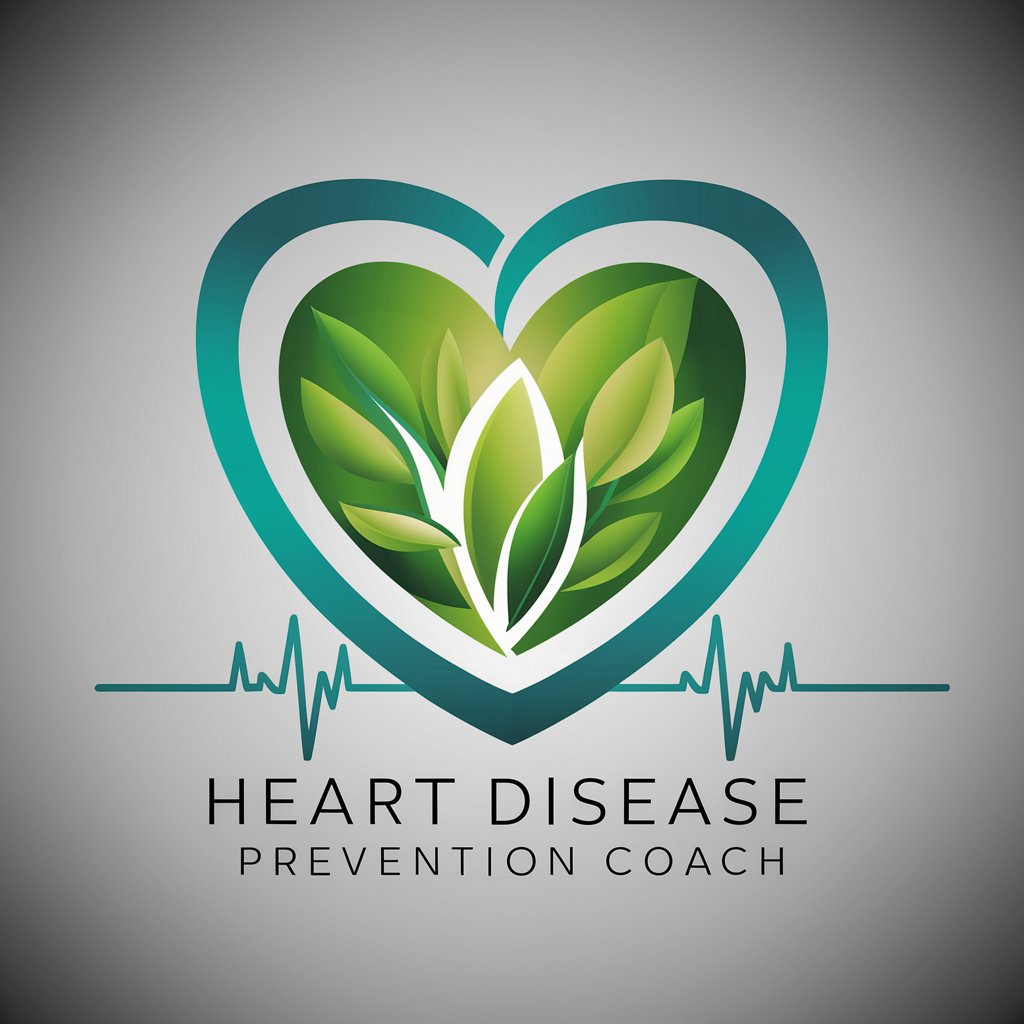
Jarurat Care
Guiding Hands for Healing

Baby care
Empowering Parenting with AI
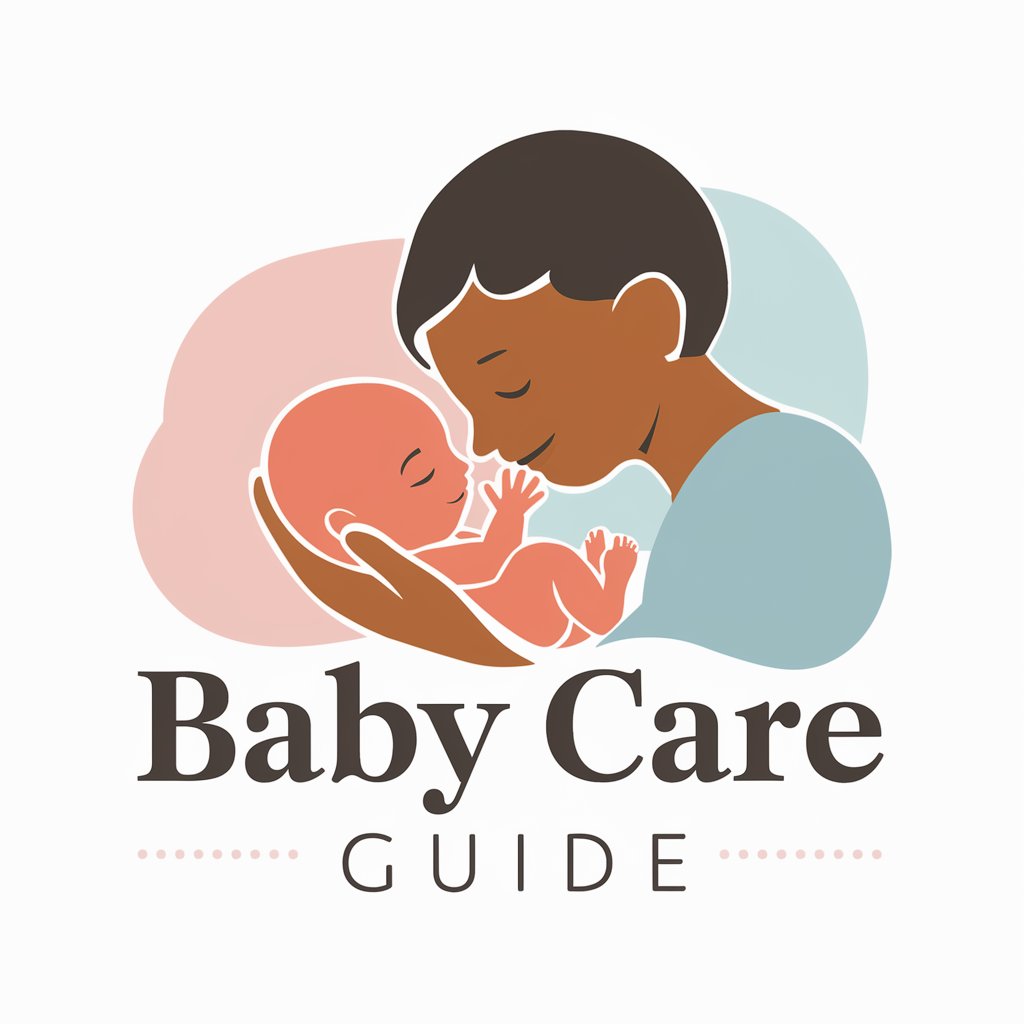
AI Poster Generator
Design Your Space with AI

Generate Text
Refine Your Words, Enhance Your Message

Generate Report Details / Zip
AI-powered report generation and compression
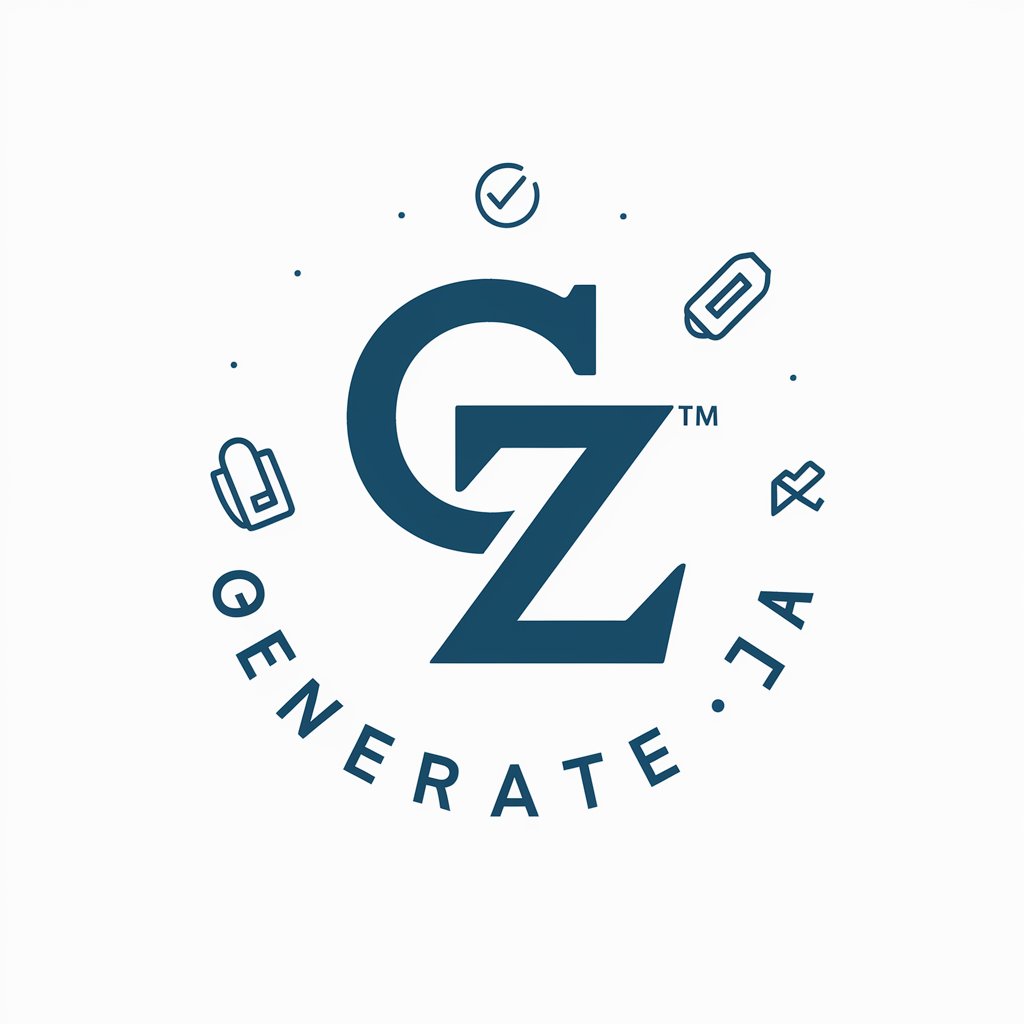
Vucar SEO Generate Blog
Optimize your content, drive traffic

Detailed Q&A About Self-Care
What type of advice can Self-Care provide?
Self-Care offers guidance on managing everyday aches and discomforts through non-prescription methods, including recommended stretches, lifestyle modifications, and over-the-counter products.
Is Self-Care suitable for managing chronic pain?
While Self-Care can suggest general strategies for managing discomfort, chronic pain often requires professional medical treatment. Self-Care is best used for mild to moderate, non-chronic conditions.
How does Self-Care ensure user safety?
Self-Care emphasizes the importance of consulting healthcare professionals for serious or persistent health issues and offers general wellness tips rather than specific medical advice.
Can Self-Care recommend products for health issues?
Yes, Self-Care can suggest over-the-counter products that might help alleviate symptoms of common health issues, based on general knowledge.
What makes Self-Care different from medical apps?
Unlike medical apps that might provide diagnoses or treatment plans, Self-Care focuses on self-management tips and general wellness advice, ensuring users understand the importance of professional healthcare advice.

